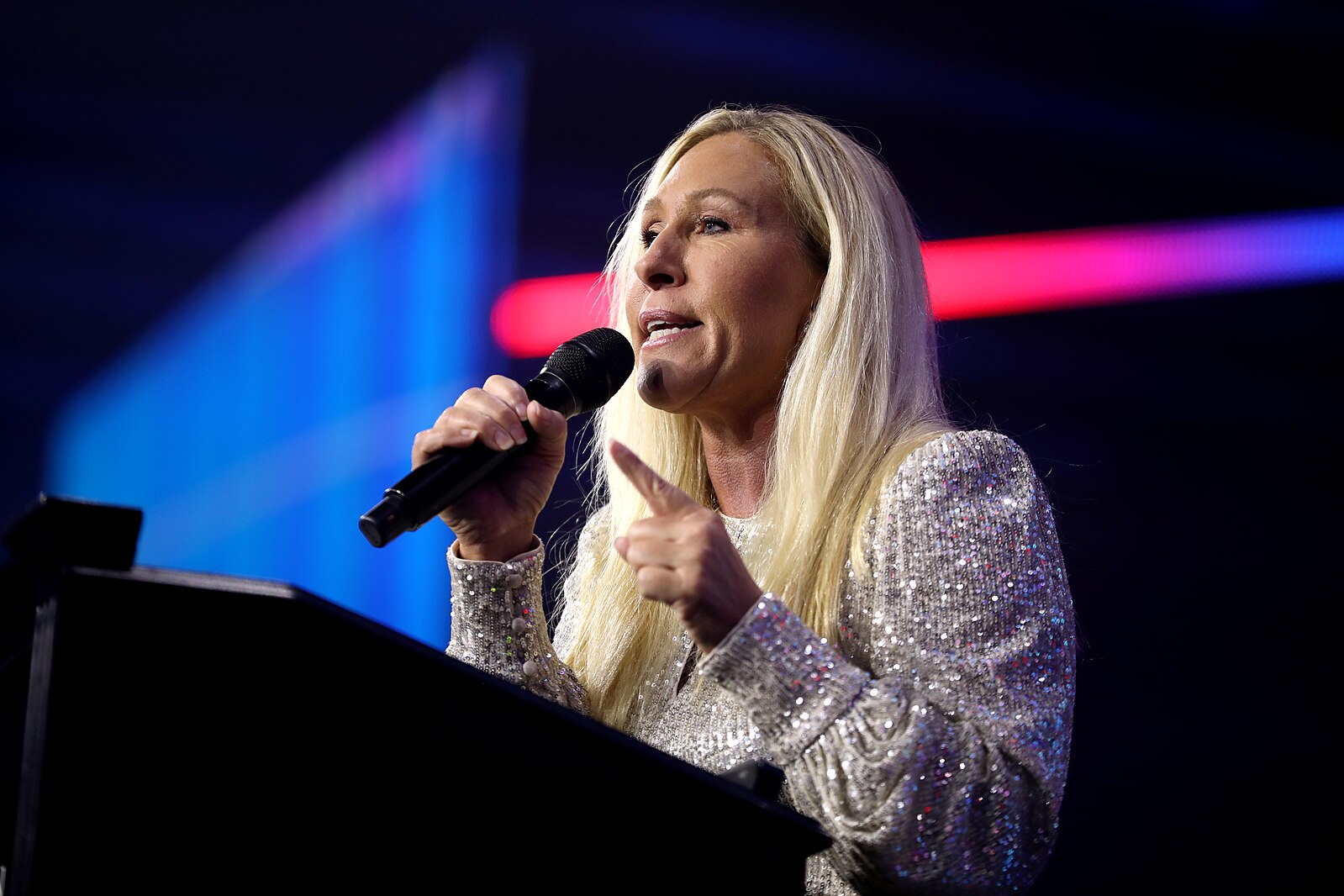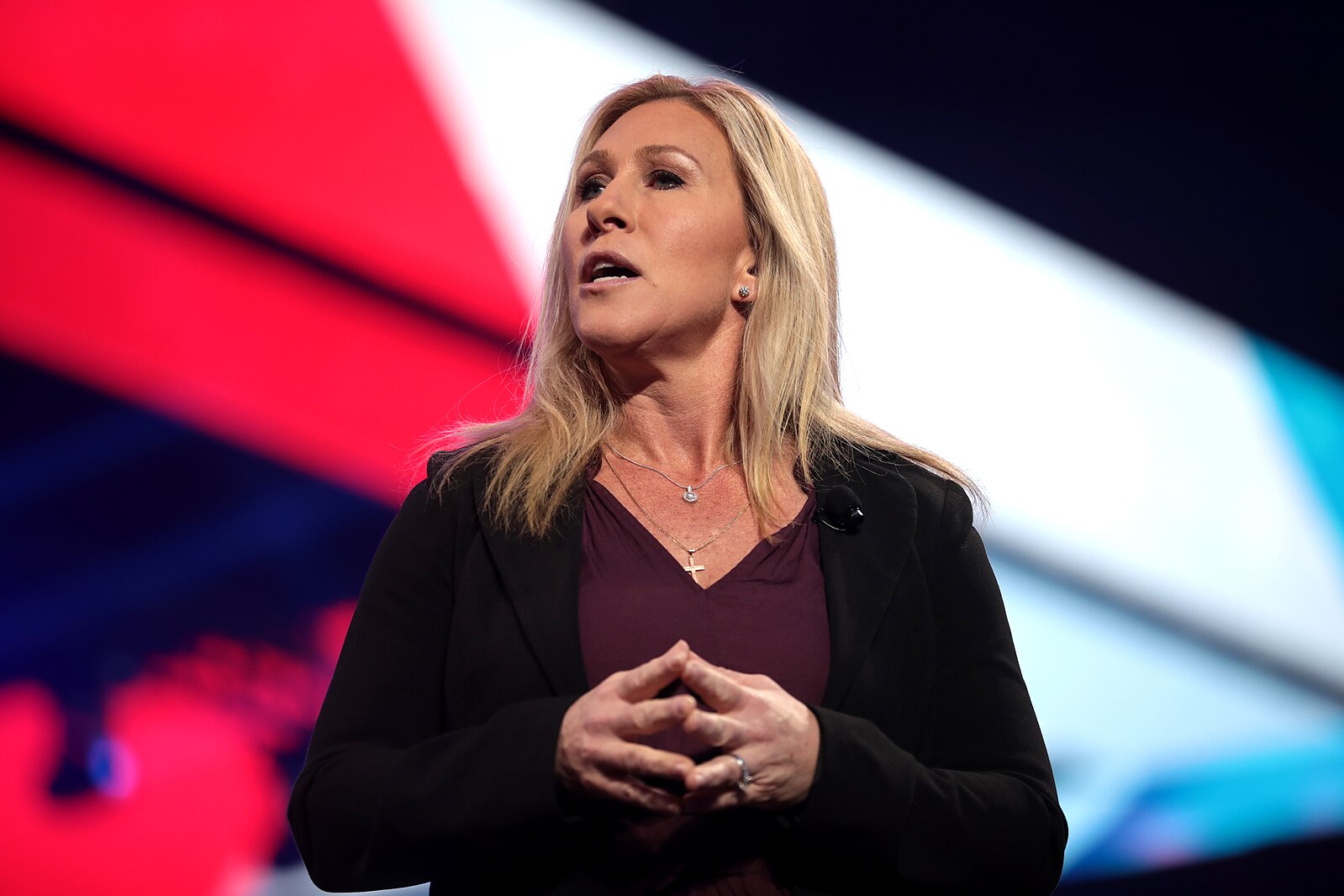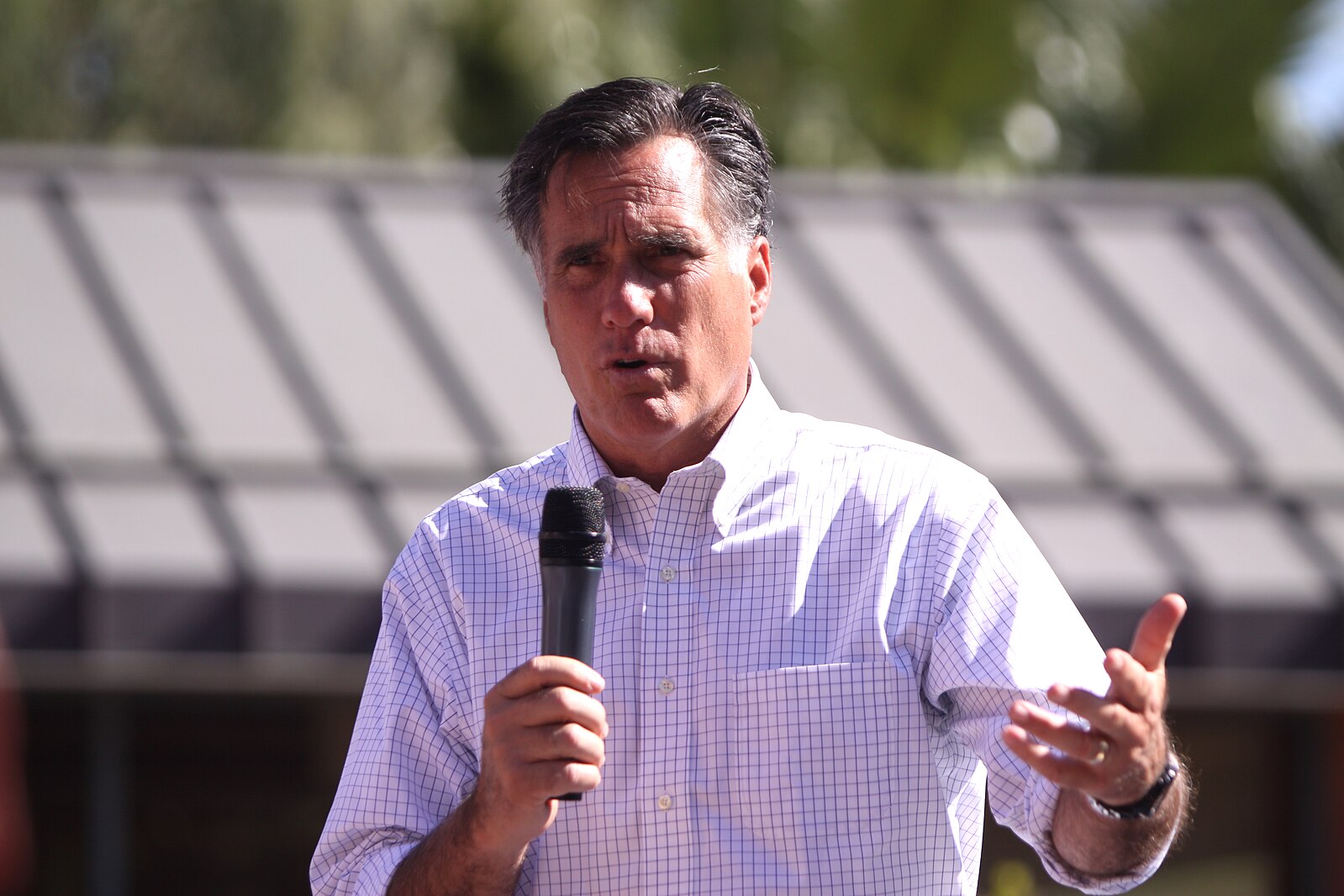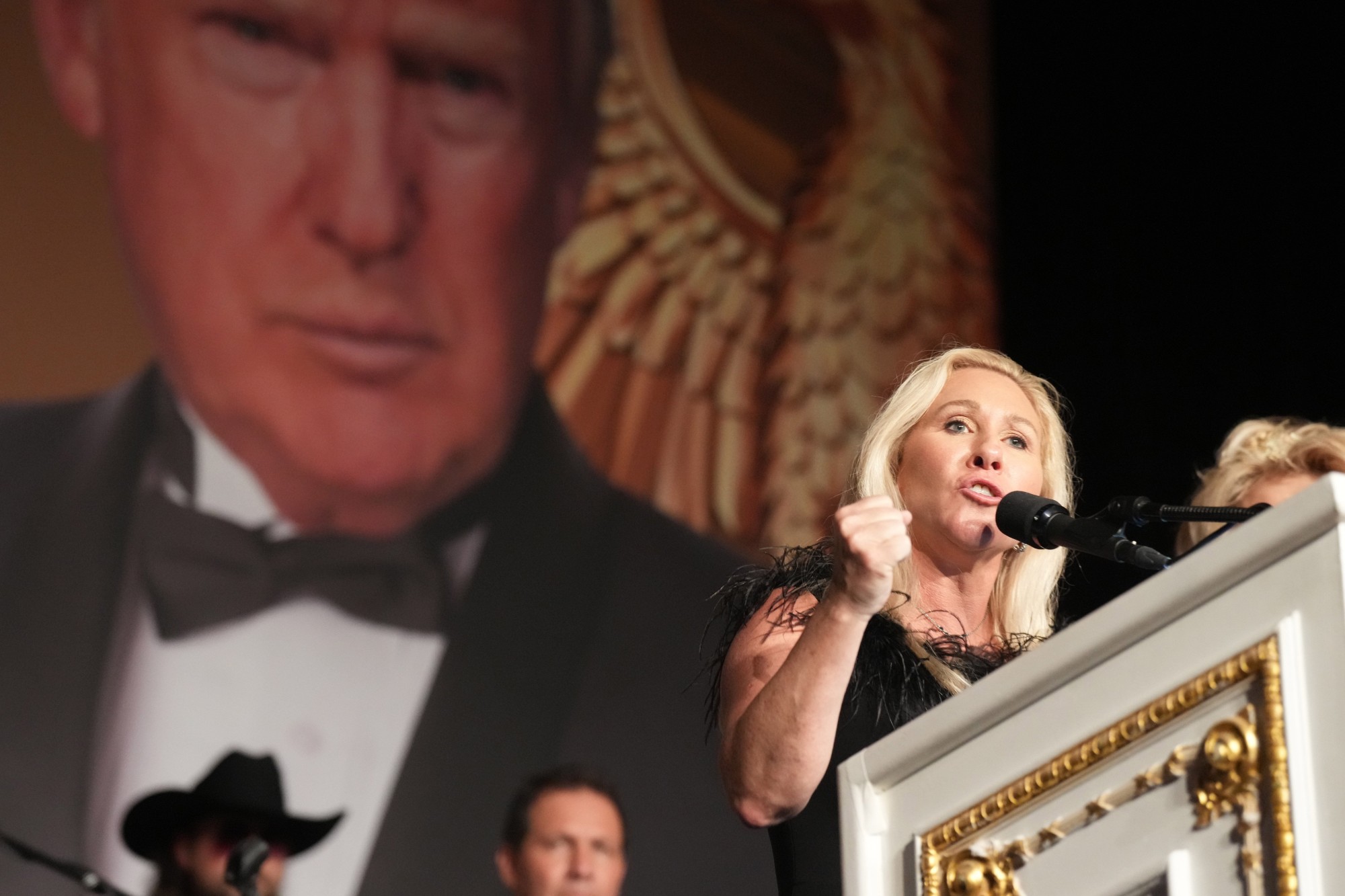U.S. News
Marjorie Taylor Greene Investigates NPR and PBS for Alleged ‘One-Sided Reporting’
By Jake Beardslee · February 3, 2025

Greene: Public Media Shouldn’t Receive “a Single Cent”
Georgia Congresswoman Marjorie Taylor Greene has announced that executives from NPR and PBS will be called to testify before her newly formed House DOGE subcommittee over allegations of "systemically biased content." Greene, a Republican, has taken issue with the taxpayer funding these public media outlets receive, arguing that they promote a liberal agenda while receiving federal support."This kind of one-sided reporting, which attacks over half the country to protect and promote its own political interests, doesn’t deserve a single cent of American taxpayers’ money," Greene posted on X, formerly Twitter. She further stated that she looks forward to questioning the leaders of NPR and PBS about why they should continue to receive federal funding. Gage Skidmore / Wikimedia

The Numbers Behind Public Broadcasting’s Federal Support
The Corporation for Public Broadcasting (CPB), which allocates federal funds to NPR and PBS, is set to receive $535 million in fiscal year 2025. While NPR estimates that direct federal funding makes up about 1% of its budget, additional funds flow in indirectly through grants to local public radio stations, which are often required to pay NPR licensing fees. Some estimates place the actual percentage of NPR’s government-derived funding closer to 17%.PBS and NPR have indicated that they will cooperate with Greene’s inquiry. "We welcome the opportunity to discuss the critical role of public media in delivering impartial, fact-based news and reporting to the American public," NPR told the New York Post. PBS also defended its funding, emphasizing its noncommercial and nonpartisan role in providing educational and cultural programming. Corporation for Public Broadcasting / Wikimedia

Greene Cites NPR’s Hunter Biden Laptop Coverage as Evidence of Bias
Greene has specifically criticized NPR for refusing to cover the Hunter Biden laptop story when it first surfaced in 2020. Former NPR correspondent Uri Berliner previously accused the outlet of having "an unspoken consensus about the stories we should pursue and how they should be framed." Berliner resigned last year after facing internal backlash over his critiques of NPR’s editorial stance. Gage Skidmore / Wikimedia
GOP Efforts to Defund Public Broadcasting: A Recurring Battle
Republicans have periodically proposed cutting federal funding for public broadcasting. During the 2012 presidential race, Mitt Romney famously suggested eliminating PBS funding, drawing backlash over the potential impact on beloved programs like "Sesame Street." Gage Skidmore / Wikimedia